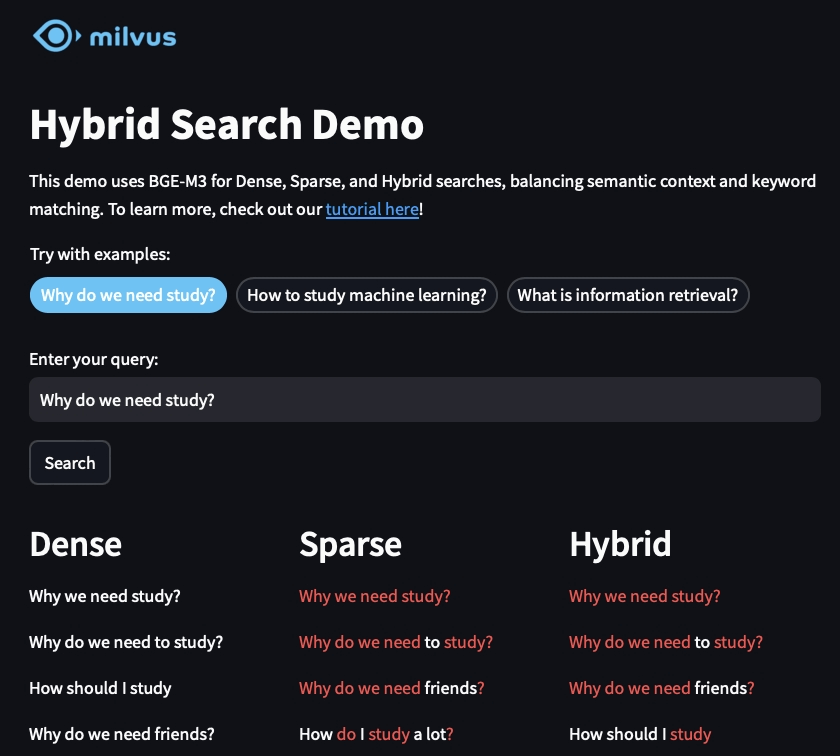Faceted search plays a crucial role in modern information retrieval systems, particularly within vector databases and other complex data environments. This search methodology enhances user experience by offering a dynamic and intuitive way to explore and filter large datasets based on multiple criteria. Let’s delve into the specifics of faceted search and its applications.
Faceted search allows users to refine and navigate search results by applying multiple filters, known as facets. Each facet corresponds to a specific attribute or metadata category of the dataset, such as price, brand, date, location, or any other relevant descriptor. This approach is especially powerful in environments where datasets are large and multifaceted, making it challenging for users to find precise information quickly.
The primary function of faceted search is to simplify data exploration by breaking down complex information into manageable chunks. Users can select different facets to narrow down search results, providing a more personalized and efficient search experience. For example, in an e-commerce platform, a user looking for a laptop might refine their search by selecting facets such as brand, processor type, price range, and customer ratings. This granular filtering helps users reach their desired outcomes without wading through irrelevant information.
In the context of vector databases, which store and query data in multi-dimensional spaces, faceted search becomes even more relevant. These databases often deal with high-dimensional vectors representing complex entities like images, documents, or user profiles. Faceted search can be used to filter these entities based on metadata attributes, allowing users to find specific items that match their needs while leveraging the power of the vector-based indexing and retrieval systems.
Moreover, faceted search enhances the discoverability of data. By providing users with visible filters, it encourages exploration and discovery of data attributes they might not initially consider. This capability is particularly valuable in industries where data is rich and varied, such as online retail, digital libraries, and multimedia databases.
Faceted search also supports better decision-making by providing a structured overview of available options. Users can compare different facets side by side, offering insights that might not be immediately apparent in a traditional search method. This comparative capability is essential for professionals who need to analyze data trends, such as market researchers or data analysts.
In summary, faceted search is a vital tool in the arsenal of modern search and retrieval technologies, enhancing user interaction with data by providing intuitive, multi-dimensional filtering capabilities. Whether employed in vector databases or broader information systems, faceted search empowers users to efficiently locate, filter, and engage with complex datasets, making it an indispensable component of effective data management and exploration strategies.
